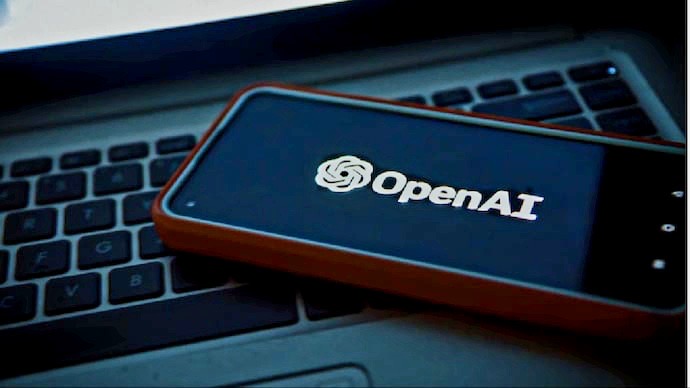OpenAI has recently released CriticGPT. It is a new AI tool based on GPT-4. It will detect errors in code created by ChatGPT. This advancement aims to enhance AI systems for more accurate responses.
CriticGPT features
CriticGPT enhances code review results by 60% compared to manual review. OpenAI plans to integrate CriticGPT into its RLHF labelling pipeline soon. It provides better tools for evaluating AI outputs, regardless of complexity. The company’s research paper highlights CriticGPT’s role in assisting human AI reviewers in code review tasks. Built on GPT-4 LLM, CriticGPT effectively identifies errors in code. It helps human reviewers catch AI “hallucinations” they might miss on their own.
Official statement of the cto
OpenAI explained that during the training process, human developers were asked to edit ChatGPT’s code. They introduced various errors and provided feedback. This helped CriticGPT learn how to identify common and uncommon coding errors.After the training was completed, OpenAI expressed satisfaction with the results. However, one challenge that CriticGPT needs to overcome is identifying the source of AI hallucinations caused by errors spread across multiple code strings.CriticGPT is just one of the many new tools being developed to enhance large language models and improve their generative AI capabilities.OpenAI’s CTO, Mira Murati has recently shared insights about the upcoming AI model and its intelligence.According to Murati, GPT-3 had the intelligence level of a toddler. GPT-4 was comparable to a high-schooler. The next generation of the model will possess the intelligence of someone with a PhD for specific tasks. She also mentioned that the next-gen GPT can be expected in about a year and a half. Murati even stated that when conversing with the next-gen chatbot, you might feel that it’s smarter than you in many aspects.



